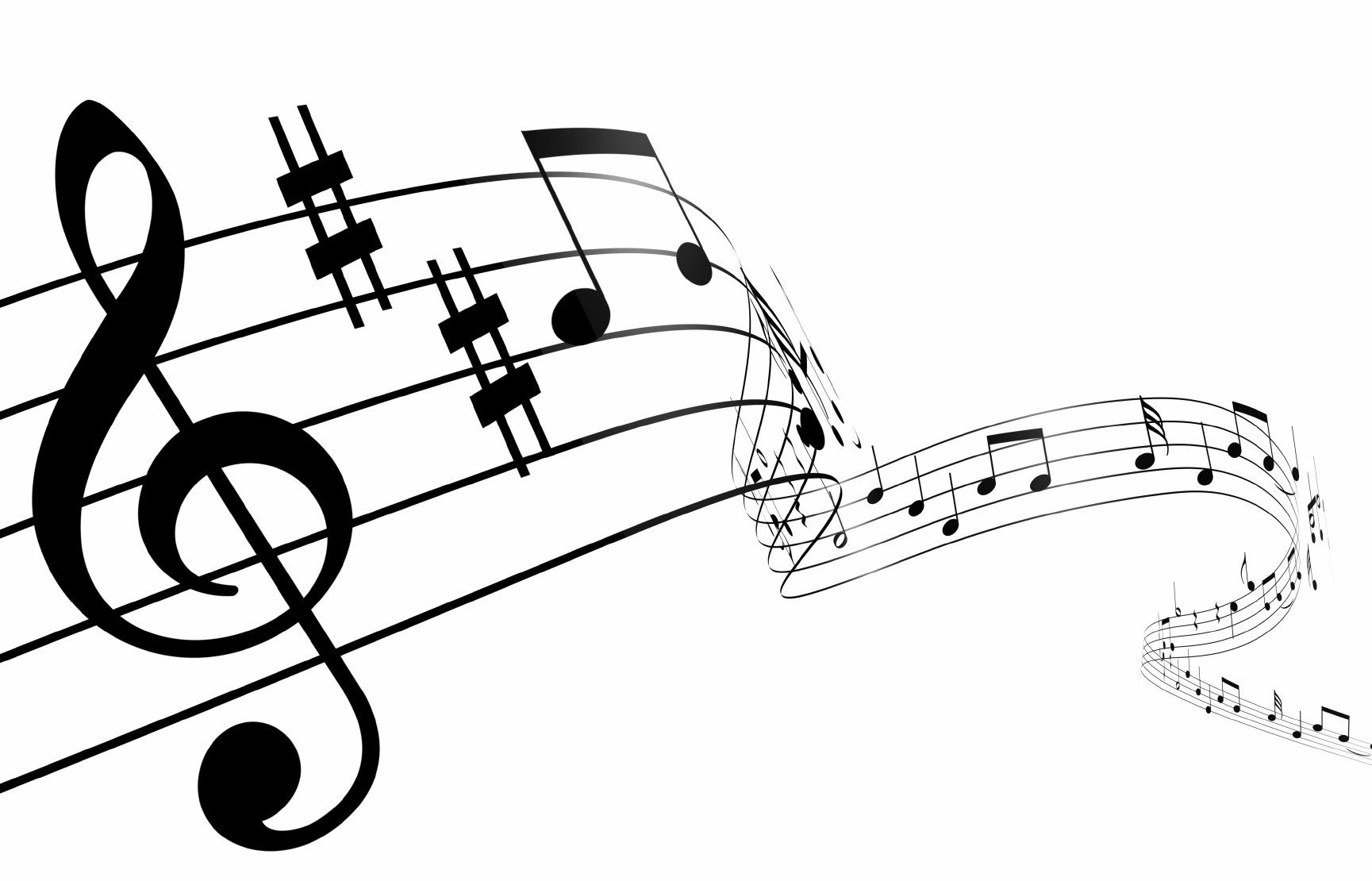Greek Lessons for Adults of all levels
These courses cater to different aspects of language learning and can be beneficial for different learning goals.
Learning a new language is a gradual process, and patience is key to success, so be patient with yourself and celebrate your progress along the way.
Remember that every learner progresses at their own pace.
The most important thing is to enjoy the journey and stay committed to your language learning goals.
Set achievable goals and continually expand your vocabulary and language skills.
Over time, your language skills will improve, and you'll gain a deeper appreciation for the language and the culture associated with it.
GENERAL GREEK
This course is for individuals who have little to no prior knowledge of the Greek language. It will cover the fundamentals of Greek grammar, vocabulary, and pronunciation. It's a comprehensive and valuable course for anyone looking to learn Greek phonetics, spelling, reading, and writing.
Pronunciation & Letter Combinations:
Greek uses letter combinations to represent specific sounds. The course will cover all those letter combinations and their corresponding sounds. You will learn how to correctly pronounce Greek letters and common Greek sounds.
PHONETICS & SPELLING
Phonetics: You'll delve into Greek phonetics, learning how to correctly pronounce the sounds associated with each letter or letter combination. Greek has distinct vowel and consonant sounds that may differ from those in other languages.
Spelling Rules: Greek has specific spelling rules that dictate how words are formed. Understanding these rules is essential for accurate writing.
Basic Vocabulary: The course will introduce you to essential Greek words and phrases used in everyday communication, such as greetings, numbers, and common nouns.
Grammar:
You will learn the fundamental rules of Greek grammar, sentence structure, verb conjugation, noun declension, and the use of articles.

The objectives and components of this intensive course are aimed at enabling students, who have some knowledge of the Greek language, to develop their conversational skills in Modern Greek.
This course seems ideal for those who want to focus on improving their spoken Greek skills. It involves practical conversations, role-play scenarios, and interactive activities to enhance conversational fluency. It is structured and focuses on a combination of language skills and cultural understanding. It's designed to provide students with a comprehensive approach to mastering Modern Greek in practical, everyday situations.
Develop Conversational Skills
The primary goal of the course is to help students improve their ability to engage in conversations in Modern Greek across various everyday situations.
We will cover a range of topics that are relevant to everyday life, such as activities, family, friends, life events, personal characteristics, holidays, and more. These topics provide context for language learning.

This course is a great resource for anyone planning to visit Greece and wanting to familiarise themselves with basic Greek phrases and vocabulary used in the context of tourism.
This mini-course is tailored for people visiting Greece who want to learn essential phrases and vocabulary for basic communication. It's a practical option for travellers looking to navigate daily situations during their trip.
This course will provide essential phrases and vocabulary that are particularly useful for basic interactions and daily situations while travelling. Whether you're ordering food at a restaurant, asking for directions, or engaging in friendly conversations with locals, "Greek for Your Holidays" aims to equip you with the language skills needed to enhance your travel experience.
Common Phrases
Learning commonly used phrases such as greetings, polite expressions, and basic questions will help you initiate conversations and show respect to the local culture.
Vocabulary for Daily Life
You'll acquire vocabulary related to everyday situations, such as ordering food, shopping, using public transportation, and seeking assistance.
BUSINESS GREEK
This course offers a well-rounded approach to learning Greek, focusing on both language proficiency and cultural awareness. It is suitable for a wide range of individuals, from beginners to advanced learners, and can be tailored to meet the unique needs and schedules of each student.
Develop Language Skills: Improve your conversational, reading, and writing skills in Greek, specifically tailored for professional contexts.
Confident Communication: Gain confidence in speaking with native speakers, which can be particularly important in professional settings.
Effective Phone and Email Communication: Learn how to communicate effectively over the phone and through email, which are essential in business interactions.
Cultural Awareness: Develop an understanding of cultural nuances and tips to navigate social and professional interactions more smoothly.

Greek creative writing can be a wonderful way to explore your creativity and improve your writing skills.
Study Greek Literature: To become a better writer in Greek, it's essential to familiarize yourself with the rich literary tradition of Greece. Read works by famous Greek writers like Homer, Aristophanes, Sophocles, and modern authors like Odysseas Elytis and Giorgos Seferis.
Greek Grammar and Vocabulary: A strong command of Greek grammar and vocabulary is crucial for effective writing.

This is an intensive course for advanced students; lower level B1/B2. Together we will explore the various types of Greek music, we will listen to Greek songs from traditional Greek music to contemporary artists and will work on the lyrics. We will talk about the influences of the various cultures on Greek music and the way music has been transformed by geological or geographical areas.
Music Appreciation: You will have the opportunity to explore and appreciate various genres of Greek music, ranging from traditional folk music to contemporary styles. This will give you a comprehensive understanding of the evolution of Greek music over time.
Listening and Analysis: The course will involve listening to Greek songs from different periods and genres. You'll analyze the lyrics, melody, instrumentation, and the overall artistic expression in these songs.
Lyric Interpretation: In-depth analysis of song lyrics is essential. You'll delve into the meaning and themes of the lyrics, as well as cultural and historical references embedded in the songs.
DRAMA & THEATRE
Learning about Greek drama and theatre is not only an exploration of ancient art but also an opportunity to delve into universal themes, human nature, and the power of storytelling.
It can be a rewarding journey for students interested in literature, history, and the performing arts.
Origins of Greek Theatre: Explore the historical and cultural context of ancient Greece when theatre first emerged, learn about the Dionysian festivals and how they contributed to the development of Greek drama, study the role of masks, costumes, and the amphitheatres in Greek theatre.
Greek Playwrights
Focus on the three great Greek tragedians: Aeschylus, Sophocles, and Euripides and examine their major works, such as Aeschylus' "Oresteia," Sophocles' "Oedipus Rex," and Euripides' "Medea."

In this intensive course, the lowest level of understanding is B2. Students will work on the Greek media such as blogs, TV news, and newspapers.
This course is focused on news and media with a minimum required language proficiency level of B2. This is a common approach in language education, where students work with various forms of Greek media to enhance their language skills and cultural understanding.
Language Proficiency Level: The course is designed for students who have reached at least a B2 level of proficiency in Greek. At this level, students should be able to understand and communicate effectively in both spoken and written Greek.
Media Sources: Students will engage with a variety of Greek media sources, including blogs, TV news programs, and newspapers. These sources offer diverse content and language styles, providing a comprehensive view of the language as it's used in different contexts.

Greek mythology is a rich and fascinating subject, and there's always more to explore. As you delve deeper into these topics, you'll gain a deeper appreciation for the timeless stories and enduring legacy of Greek mythology.
Greek mythology is a captivating subject with a vast array of gods, heroes, and fantastical stories that have greatly influenced art, literature, and culture.
Introduction to the Greek Mythology
The Gods and Goddesses: Begin with an overview of Greek mythology, its origins, and its importance in ancient Greek culture. Study the major gods and goddesses of the Greek pantheon, such as Zeus, Hera, Athena, Apollo, and Poseidon.
Greek Mythological Stories: Dive into famous Greek myths, such as the creation of the world (Theogony), the Titanomachy, the story of Prometheus, and the labours of Heracles (Hercules). Understand how these myths explain the origins of the universe and gods.
GROUPS
Duration and Timing: Group lessons are two-hour sessions with a ten-minute break on a day that is convenient to you.
Balanced Curriculum: The division of the session into 60 minutes of structured Greek language learning and 30 minutes of language activities.
Language Learning Components:
- Grammar: Teaching grammar is fundamental to language acquisition.
- Vocabulary: Vocabulary development is essential for communication, and it's beneficial to dedicate time to building a rich vocabulary.
- Reading: Encouraging reading skills helps students understand context, sentence structure, and cultural nuances.
- Listening and Speaking Skills: These skills are crucial for practical communication and overall fluency.











